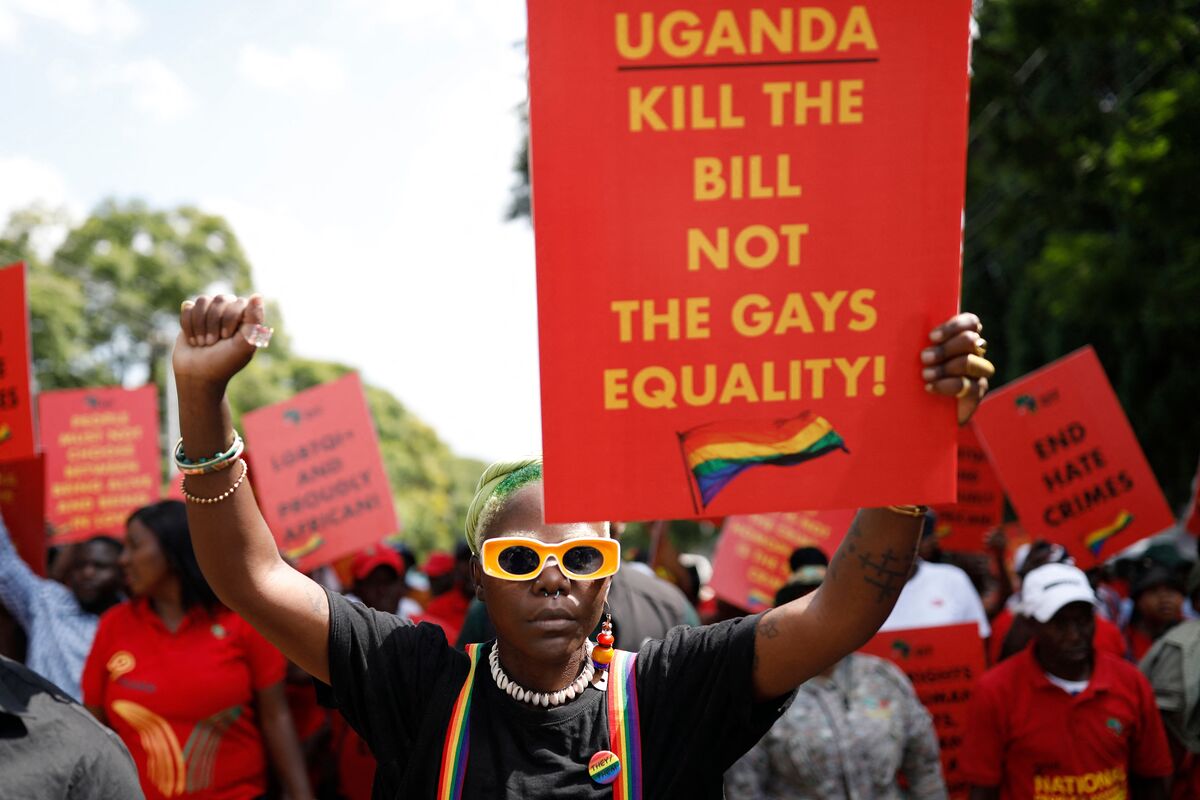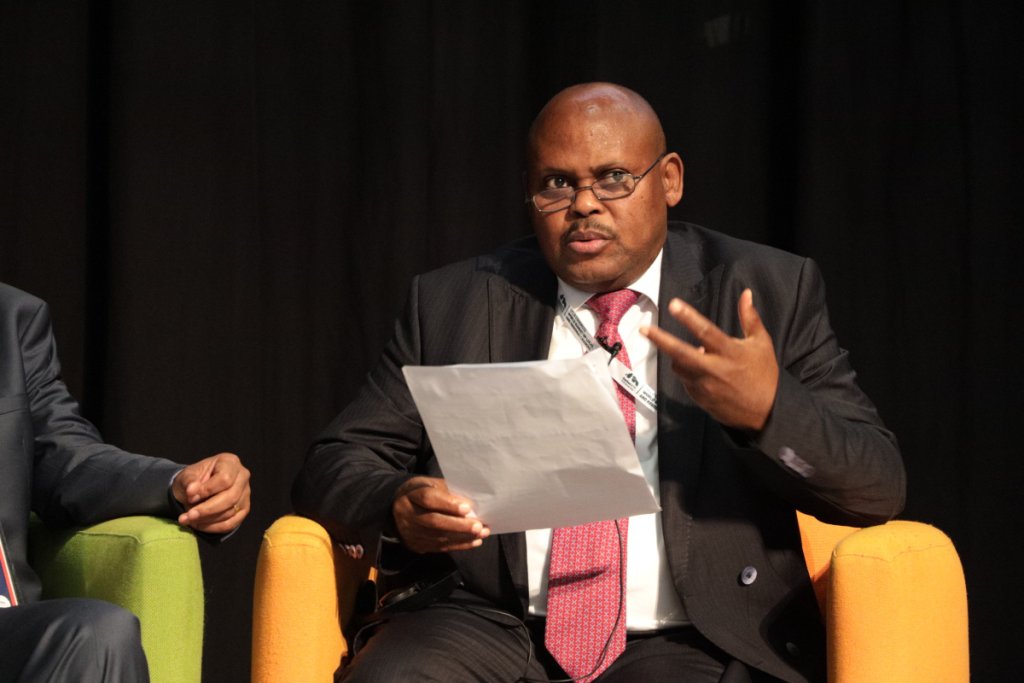In a bid to retain African Growth and Opportunity Act (AGOA) trade partnership benefits, the United States has exerted pressure on Uganda to repeal its Anti-homosexuality law. The U.S. President, Joe Biden, has determined that Uganda currently does not meet AGOA eligibility criteria due to reported human rights abuses, leading to a potential loss of these benefits, effective January 1, 2024.
On October 31, 2023, Katherine Tai, the United States Trade Representative (USTR) Office of the President, sent a letter to Uganda’s Minister of Trade, Industry, and Cooperatives, Francis Mwebesa. The letter outlined two key conditions for Uganda to maintain its eligibility for AGOA benefits: first, the Ugandan government must publicly release an action plan addressing human rights concerns, and second, the Anti-Homosexuality Act (AHA) must be repealed.
Uganda has defended its Anti-homosexuality law, contending that it is designed to protect African traditional marriage systems and cultural values. The law was passed by the Ugandan Parliament in response to public outcry over reports of children being recruited into acts of homosexuality and is currently under challenge in Uganda’s Constitutional Court.
Katherine Tai’s letter emphasizes the unwavering determination of the U.S. and other Western powers to see Uganda’s Anti-gay law repealed, regardless of the consequences. The suspension of AGOA benefits would primarily impact a select group of local entrepreneurs who have been exporting merchandise to the United States, rather than the Ugandan government itself.
Official statistics indicate that Uganda’s exports to the U.S. under the AGOA initiative have grown over the years. In the year prior to the COVID-19 pandemic (2018/19), exports were valued at $1 million (almost Shs4 billion). By 2019/2020, this figure had risen to $3.4 million (about Shs 13 billion), and by the end of 2021, exports had increased to $5.1 million (about Shs20 billion). For context, Uganda’s exports to the neighboring Democratic Republic of Congo are worth $1 billion.
Despite the pressure applied by the U.S., it is uncertain whether Uganda will concede to the repeal of its Anti-Homosexuality law. Tai reiterated that the U.S. Government has consistently raised concerns about human rights-related issues in Uganda and demanded that the country refrain from human rights abuses and violations, even by government security forces.
U.S. Public Law 106-200 stipulates that a country must not engage in gross violations of internationally recognized human rights to be eligible for AGOA. Tai maintained that if Uganda takes swift action to address the outlined concerns, it can maintain its AGOA eligibility beyond January 1, 2024.
However, in the event that Uganda fails to address these concerns and loses its AGOA eligibility, the U.S. Government will provide a list of benchmarks for Uganda to meet in order to restore AGOA benefits. It is hoped that Uganda will act promptly and decisively to demonstrate its commitment to human rights and democracy.
Other countries, including the Central African Republic, Gabon, and Niger, also face the risk of losing their AGOA eligibility.
Official U.S. trade records indicate that goods exports to Uganda in 2022 amounted to $167 million, while U.S. goods imports from Uganda reached $174 million, marking an 89.1 percent increase ($82 million) from 2021 and a 405 percent rise from 2012. The U.S. trade balance with Uganda shifted from a goods trade surplus of $75 million in 2021 to a goods trade deficit of $7 million in 2022.
Furthermore, U.S. foreign direct investment (FDI) in Uganda reached $104 million in 2022, reflecting a 13.0 percent increase from the previous year (2021).




















